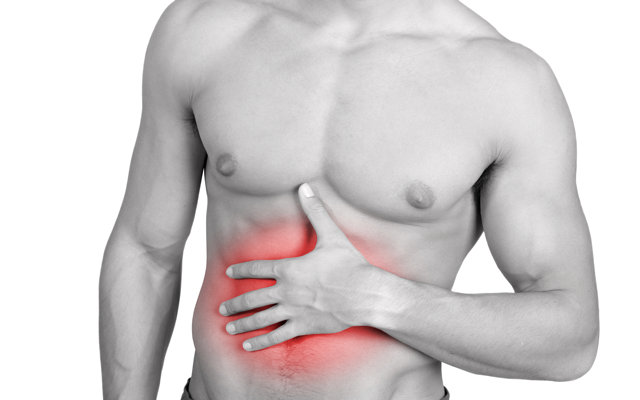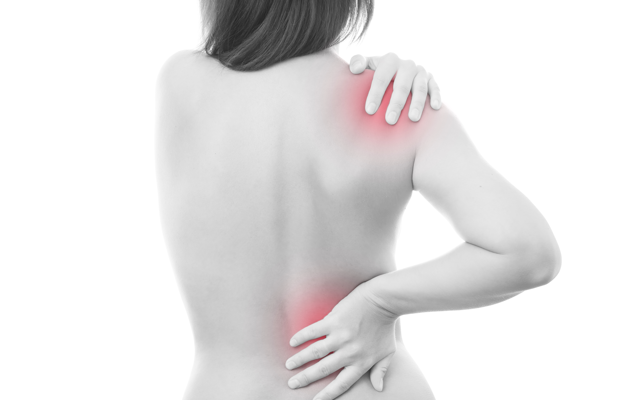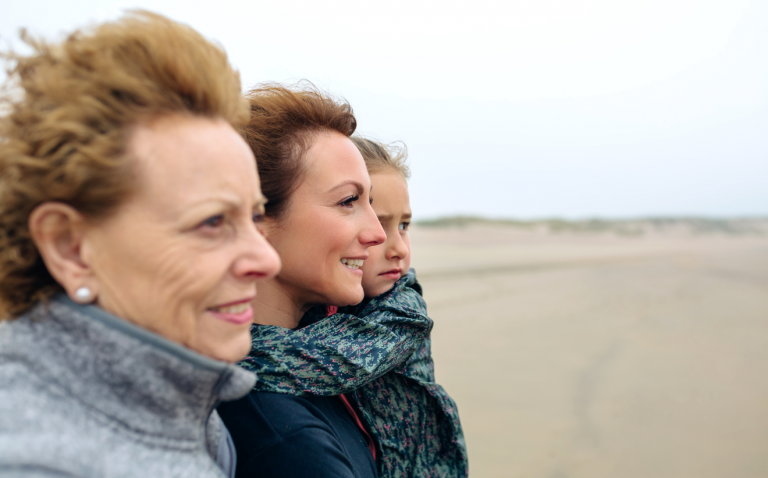Osteopathy and its many wonderful benefits
Claire and Faustine are both registered Osteopaths, offering appointments for all ages from infant to adult.
Claire specialises in women’s health, having helped to set up and completed the UK’s only 2-year Women’s Health Osteopathy Post Graduate Diploma plus many more courses over the years. She has also worked for one of the top osteopaths in the world for women’s health for several years.
LOOKING TO JOIN US? We are always keen to hear from motivated practitioners looking to join a collaborative team, please get in touch!
Read more about how osteopathy can support pelvic floor health here.
Q. What type of osteopathy do we practice and who is it suitable for?
A. We offer structural, cranial and visceral osteopathy appointments for the whole family. From new born babies to adults and the elderly.
Q. What is Osteopathy?
A. Osteopathy is a manual medicine. A hands on system of diagnosis and treatment for people of any age. Osteopaths believe in treating the person as a whole and so aim to improve the balance of the entire body. This is achieved through various techniques carefully selected by the practitioner that are appropriate for that person. Techniques could include for example manipulation (where you might hear a small click in a joint), soft tissue massage, or inhibition (pressure applied to help muscles relax).
These techniques aim to increase mobility of the joints, release tight muscles, increase blood and lymphatic circulation, improve nerve function, increase digestive function and release tension. The body is then better able fix problems through its own self healing mechanisms.
Q. What training do Osteopaths undertake?
A. Undergraduate students follow a four or five-year degree course combining academic and clinical work. Qualification generally takes the form of a bachelor’s degree in osteopathy – a BSc(Hons), BOst or BOstMed – or a masters degree in osteopathy (MOst). Many osteopaths continue their studies after graduating. Osteopaths are required to update their training, skills and knowledge throughout their working lives, through our continuing professional development scheme.
Q. Who do Osteopaths need to be registered with?
A. Osteopath is a title protected by law and anyone calling themselves an osteopath must be registered with the General Osteopathic Council (GOSC). You can find their website here to ensure your osteopath is registered https://www.osteopathy.org.uk/home/
Q. Who are our Osteopaths here at The Form Practice?
A, To see who our practitioners are, please click here Our Practice
Q. What can Osteopathy help with?
A. is proven to aid with the treatment of issues in the list below and there are thought to be many more as yet unproven benefits.



